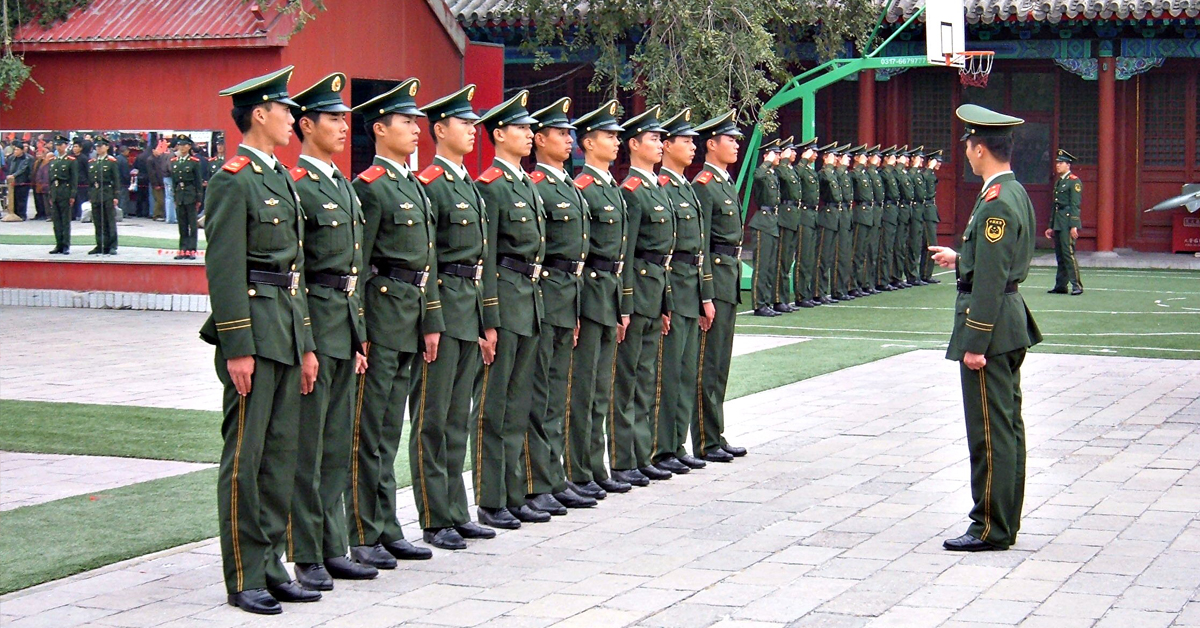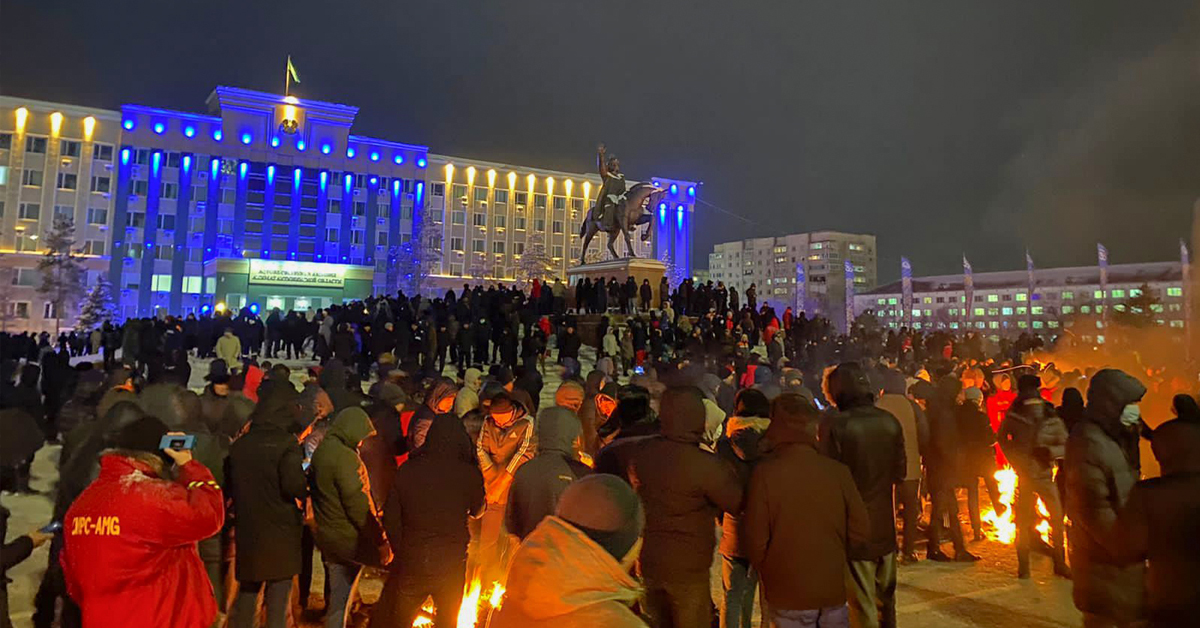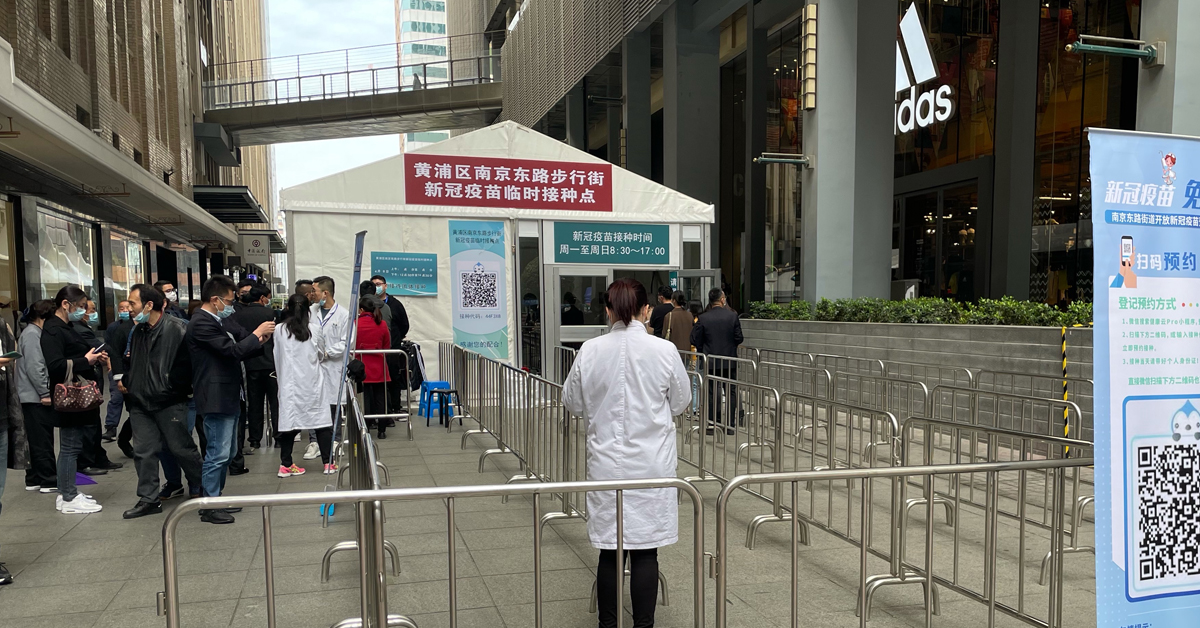This was published by the China-Global South Project on 20 May 2022. China Foresight is affiliated with the China-Global South Project and regularly provides opinion pieces for the weekly IDEAS China-Global South newsletter. Click here to subscribe to the newsletter.
This week, the China-Africa project formally rebranded to become the Global South Project. As authors of this similarly titled newsletter, we at China Foresight see this as an opportunity to critically reflect upon how we understand China’s growing global presence. As our colleague, Cobus van Staden has argued last week, adopting a ‘Global’ lens encourages comparisons between the differences and similarities of China’s engagements across regions – including the social, environmental, and economic consequences they bring about – to support dialogue between relevant policymakers across different countries.
Of course, as Alden and Vieira pointed out a while ago, the countries which identify themselves as being part of the South are not representative of all developing, postcolonial states. Even within states, there may often be no clear consensus of whether a country or nation is a part of the South or not, with some groups adopting and others rejecting the term.
Yet, there is enduring importance in understanding the ideas, histories, and forces that constitute the Global South to critically analyse the nature and evolution of the current international system. As others have argued before us, the Global South is not an objective reality or mere geography, but an imagined political and social entity whose boundaries and members are renegotiated and redefined. The South is often also understood as an ideological expression by mobilizing around the concerns and interests of developing countries, especially in the face of managing relations with the major powers on issues such as trade or climate change through configurations such as the Non-Aligned Movement during the Cold War or the G77 within the UN.
The Global South thus attempts to capture an identity based on shared experiences of colonialism and imperialism, shared histories of massive violence, shared concerns and challenges of development, and a powerful critique of the current international order which is characterized by persistent inequities undergirded by asymmetries in wealth, power and resources.
The rapid rise of China from a developing country to the most present actor across many regions of the Global South has once again demonstrated the importance of accounting for these characteristics. Indeed, the ‘South’ is crucial to understanding China’s evolving identity as a great power. References to south-south cooperation (南南合作) abound in Chinese foreign policy discourse, for instance, in the latest Forum on China-Africa Cooperation Action Plan, which speaks of an ‘Assistance Fund for South-South Cooperation. The aforementioned Action Plan continues to refer to China as ‘the largest developing country.’ We do not aim to assert here that China is a developing country, but rather that the identity – and the power it confers upon its holder – matter in understanding China’s evolving role across Africa, Asia, and Latin America.
We will continue to explore both China’s evolving impact on the Global South and the Global South’s continuing importance for China’s future as a global power. We hope you will join us on this journey.
This article gives the views of the authors, and not the position of the China Foresight Forum, LSE IDEAS, nor The London School of Economics and Political Science.





